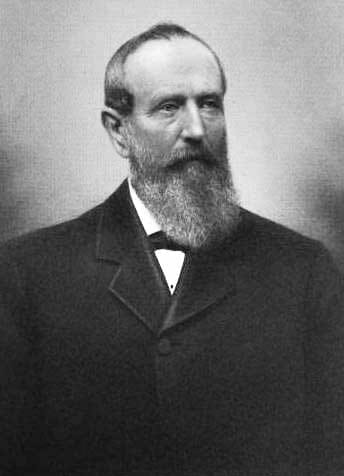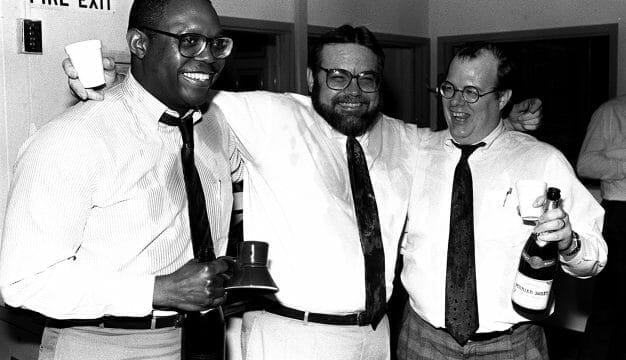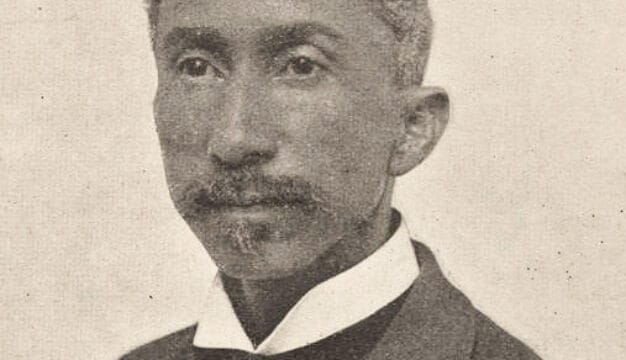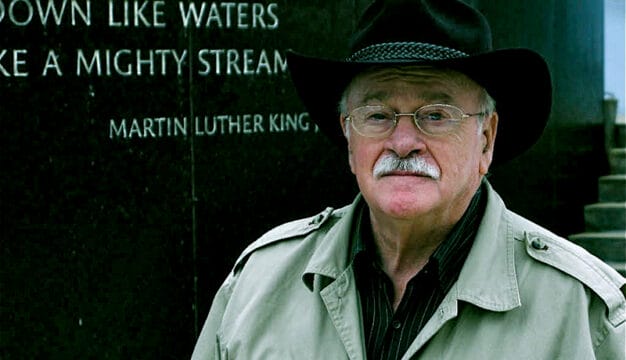Charles Wilson Pierce
 Charles Wilson Pierce
Charles Wilson Pierce (1823-1907) served in the U.S. House of Representatives from July 21, 1868, to March 3, 1869, representing Alabama’s Fourth Congressional District as a Republican. Pierce was an officer in the U.S. Army and came to Alabama to work for the Bureau of Refugees, Freedmen, and Abandoned Lands (Freedman’s Bureau) during Reconstruction. After his brief stint in Congress, Pierce left Alabama and held several bureaucratic posts and minor political offices including state senator in Nebraska. Pierce then retired from public life and spent the remainder of his years overseeing his agricultural properties there.
Charles Wilson Pierce
Charles Wilson Pierce (1823-1907) served in the U.S. House of Representatives from July 21, 1868, to March 3, 1869, representing Alabama’s Fourth Congressional District as a Republican. Pierce was an officer in the U.S. Army and came to Alabama to work for the Bureau of Refugees, Freedmen, and Abandoned Lands (Freedman’s Bureau) during Reconstruction. After his brief stint in Congress, Pierce left Alabama and held several bureaucratic posts and minor political offices including state senator in Nebraska. Pierce then retired from public life and spent the remainder of his years overseeing his agricultural properties there.
Pierce was born in Benton, New York, on October 7, 1823, to Spooner Reed Pierce and Mary Wilson Pierce; he was the eldest of six children. In his youth, his family relocated to Sandusky and Huntsville, Ohio. In 1850, he married Isabella Maria Burton, with whom he would have five children. The family moved in 1855 to Havana, Illinois, where he became a farmer. Pierce also spent some time working as a mechanic, printer, and painter, for which he had reportedly studied in Rochester, New York. One year into the Civil War, Pierce enlisted in Company B of the Eighty-fifth Regiment of the Illinois Volunteer Infantry and was elected first lieutenant during the organization of the company in Havana in the summer of 1862. The Eighty-fifth Regiment primarily saw action in the Western theater. Pierce saw combat during the Kentucky phase of the U.S. Army’s march south and received a minor wound at the October 1862 Battle of Perryville. This battle was especially bloody, one in which federal forces won a strategic victory and forced the Confederates to withdraw from Kentucky, despite suffering higher casualties. Pierce was with the unit when it fought in such engagements as the Battle of Stones River in the winter of 1862-62 near Murfreesboro, Tennessee, and the September 1863 Battle of Chickamauga in northwest Georgia. He was transferred to the Veteran Reserve Corps in November 1863 and appointed quartermaster of Camp Chase in Ohio in 1864. In 1865, Pierce was promoted to the rank of major.
Soon after his promotion, Pierce was ordered to the staff of Brig. Gen. Wager T. Swayne, commissioner of the Freedmen’s Bureau. He settled in Demopolis, Marengo County, where he had been appointed sub-assistant commissioner of the bureau to oversee 13 counties in western Alabama. In 1867, Pierce stood for election to represent Alabama’s Fourth Congressional District, which encompassed the western Black Belt from Sumter County to Autauga County. Owing to a variety of circumstances related to Reconstruction, Pierce ran unopposed, and the Republican ticket across the state faced only a handful of independent candidates. He left military service in January 1868.
During Pierce’s brief tenure in Congress, he amassed a fairly conservative voting pattern but weighed in on few of the key issues of the period. Because of a lag between the election and when the former Confederate states seated their new representatives in Congress, Pierce was not present for key votes like the impeachment of Andrew Johnson, but he did support passage of the 15th Amendment that granted suffrage to formerly enslaved men. His northern background earned him the pejorative label “carpetbagger,” and he opted to accept a position as Assessor of Internal Revenue for the First District rather than stand for reelection. Newspapers friendly to Democrats praised this announcement and reassured readers that even if Republicans retained the seat, the Republican candidate Charles Hays was much more preferable to Pierce. Hays, who was born in Greene County and was admired by the local press for his “good character,” won the open seat. Some accounts also place Pierce at an attack in Eutaw, Greene County, in which Klansmen fired into a mostly African American crowd at a Republican political rally at the county courthouse. Pierce had attended to watch his friend and successor speak. After the attack began, Pierce and several other Republicans reportedly retreated to the county jail, where they released the African American prisoners and road out the violence from the relative safety of the jail. Pierce held his new bureaucratic post until 1872 and left Alabama soon after.
Pierce settled in Nebraska, where he once again took up farming and land speculation and served as a land agent for the Burlington Railroad. Pierce also reentered politics, first as a delegate to Nebraska’s 1875 state constitutional convention. He then was elected to fill a vacancy in the Nebraska state senate and was reelected, serving from 1877 to 1881. Peirce next accepted a position as register of the U.S. Land Office in Lincoln, which he held until 1886, when he retired from public life and focused on his farm and landholdings. He died on February 18, 1907, while vacationing in Hastings, Florida. He was buried in the family plot near their farm in Waverly, Nebraska.



